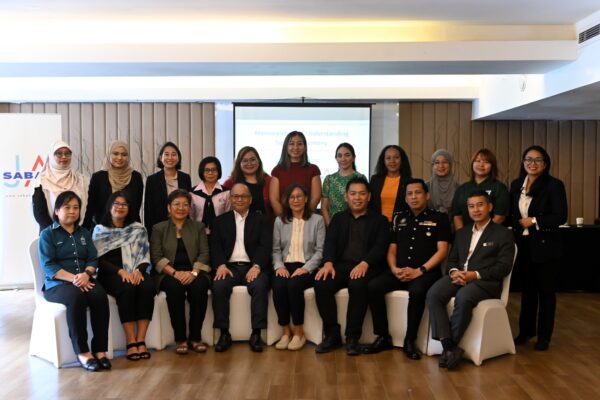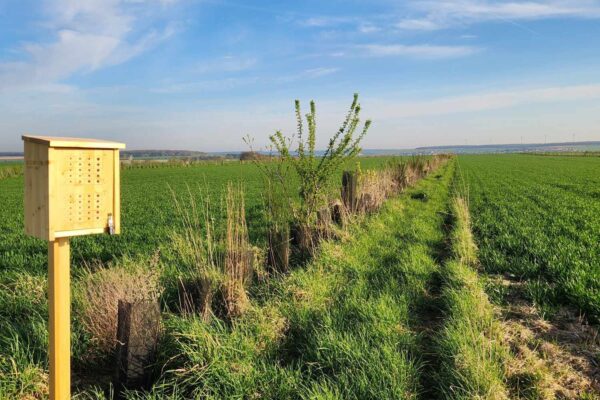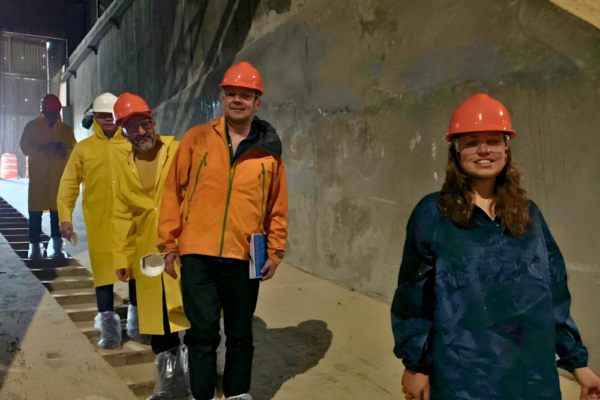Companies, Sámi herders, and forest stakeholders came together in Västerbotten to listen, learn, and address the challenges of responsible sourcing.
From 20–22 May 2025, Earthworm Foundation brought global brands and suppliers to northern Sweden’s Västerbotten County. The three-day visit created space for dialogue between Earthworm’s Production Forest Group member companies, major suppliers, representatives from the Swedish Forest Industry Association (SFI), and forest product companies, as well as, Sámi representatives, and NGOs including WWF and the Forest Stewardship Council (FSC). Together, participants explored how Sweden’s forests can meet growing global demand while respecting ecological values and Indigenous rights.
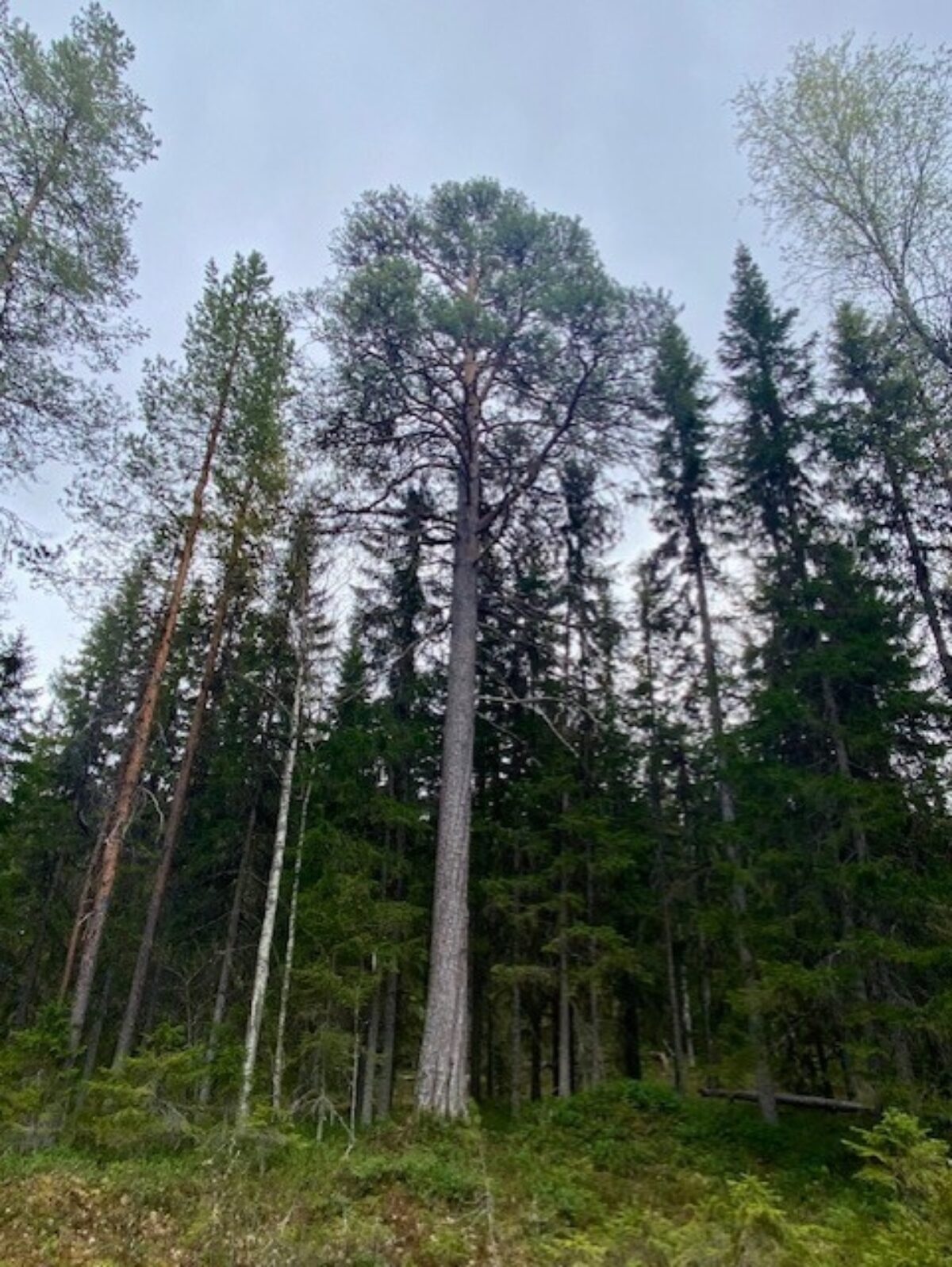
Sweden is among the world’s largest producers of pulp, paper, and forest products, exporting around 80% of its commercial production. Its ‘forest model’ has long been promoted as a balance of economic, social, and environmental values. But in the north, growing demand and industrial practices are putting pressure on old, biodiverse ‘continuity forests’, critical habitats for red-listed species and for Sámi reindeer herding.
Sámi reindeer herders, Europe’s only recognised Indigenous people, report increasing declines in the lichen-rich areas essential for reindeer survival, reportedly putting both livelihoods and cultural identity at risk.
Swedish forest companies have gone beyond legal compliance by setting aside some High Conservation Value (HCV) areas and adopting FSC certification, which requires both HCV protection and respect for Free, Prior and Informed Consent (FPIC). Yet the decline of old forests continues, and some Swedish forest product companies have questioned whether maintaining FSC certification for their forest remains viable given their increasing demand for wood.
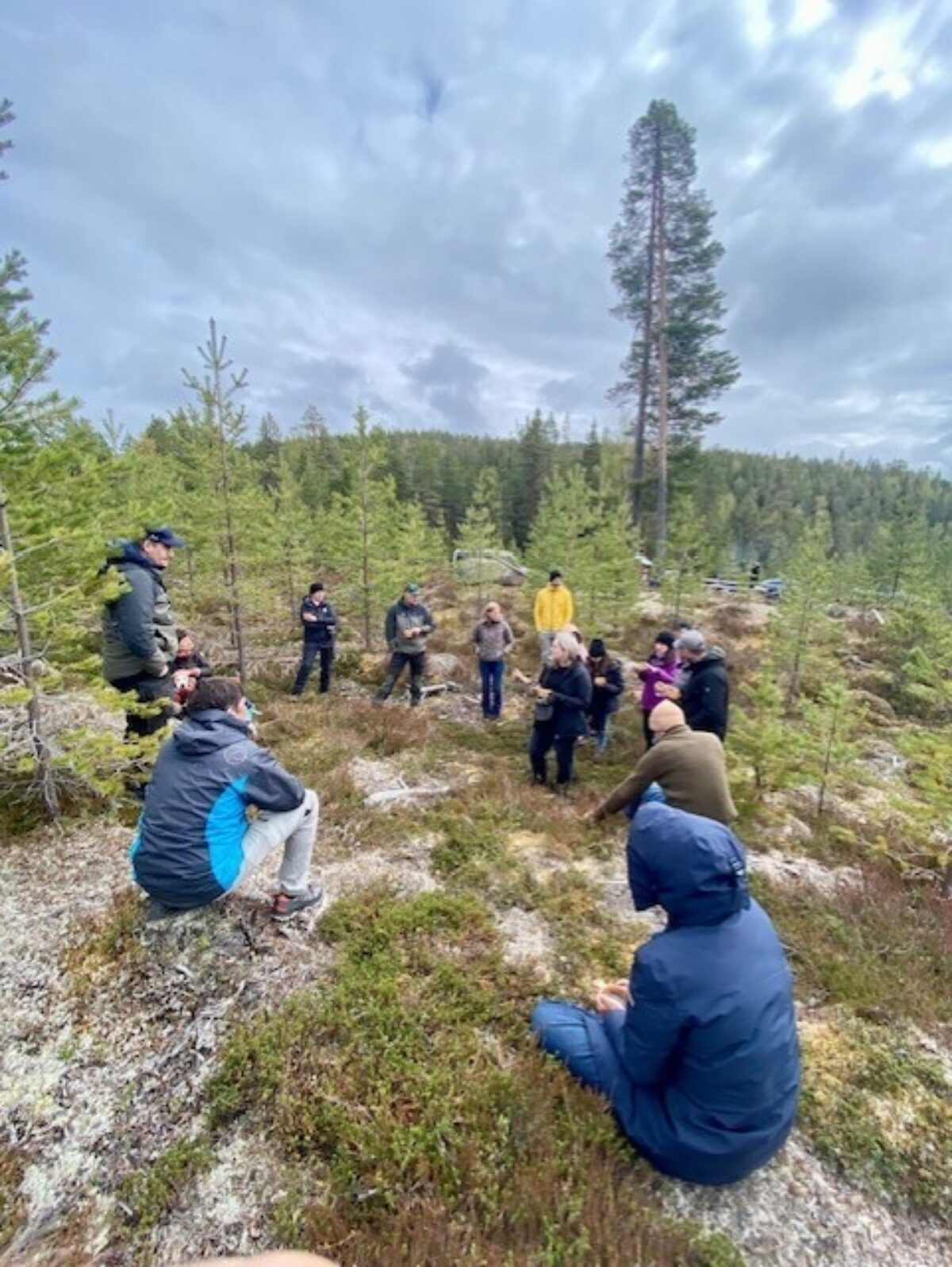
For the visiting companies, which are at the downstream end of the supply chain, far from Sweden’s forests, the trip was an opportunity to see these challenges first-hand.
They walked through continuity forests, listened to Sámi herders describe the pressures on reindeer migration, and learned how preserving enough wild habitat was vital for them. They heard from their suppliers about the complexities of meeting both market demand and sustainability expectations.
“There are no easy answers,” said Bastien Sachet, Earthworm Foundation’s CEO.
“The industry needs wood for packaging, tissue, and biofuels. But Sámi communities and ecosystems need old forests to survive and thrive. During the visit, we saw conflict, but also collaboration, with examples of forestry companies voluntarily conserving critical habitats alongside reindeer herders. If we are to move toward ensuring this forest landscape is truly resilient and remains a source of prosperity and biodiversity in the future, it will require a shared vision, dialogue and compromises to balance costs and benefits."
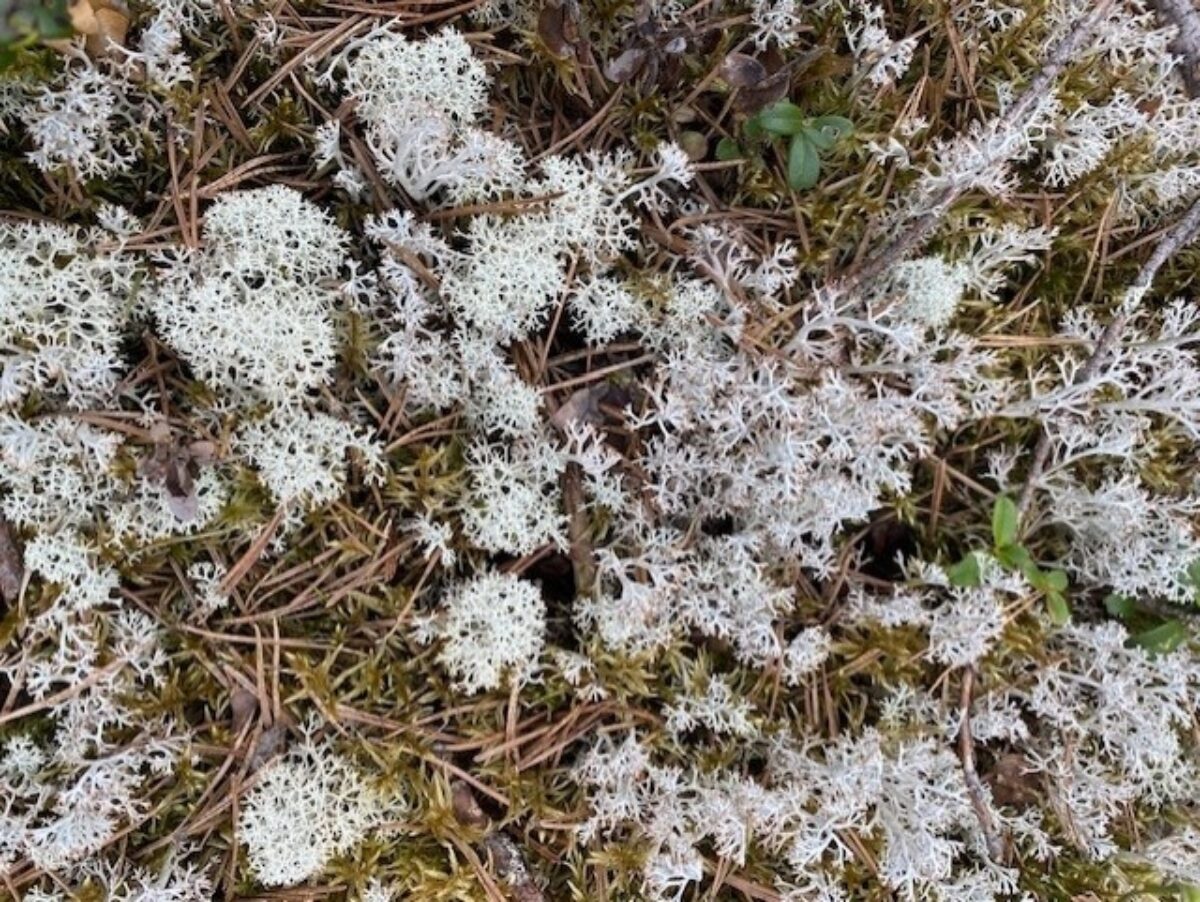
Downstream brands highlighted the need for robust transparency in their Swedish supply chains, especially around HCV protection and respect for FPIC, and signalled their intent to prioritise supplier engagement in the region.
This visit was just the beginning. Earthworm Foundation will continue supporting member companies to engage constructively, implement in practice the social and environmental ambition present in their policies, and back initiatives that protect biodiversity and truly sustain the Sámi way of life in the long term.
Disclaimer: The Production Forest Group is facilitated by Earthworm Foundation. Views expressed in this article reflect the group’s shared vision but should not be construed as representing the views or positions of individual member companies, unless expressly stated.
